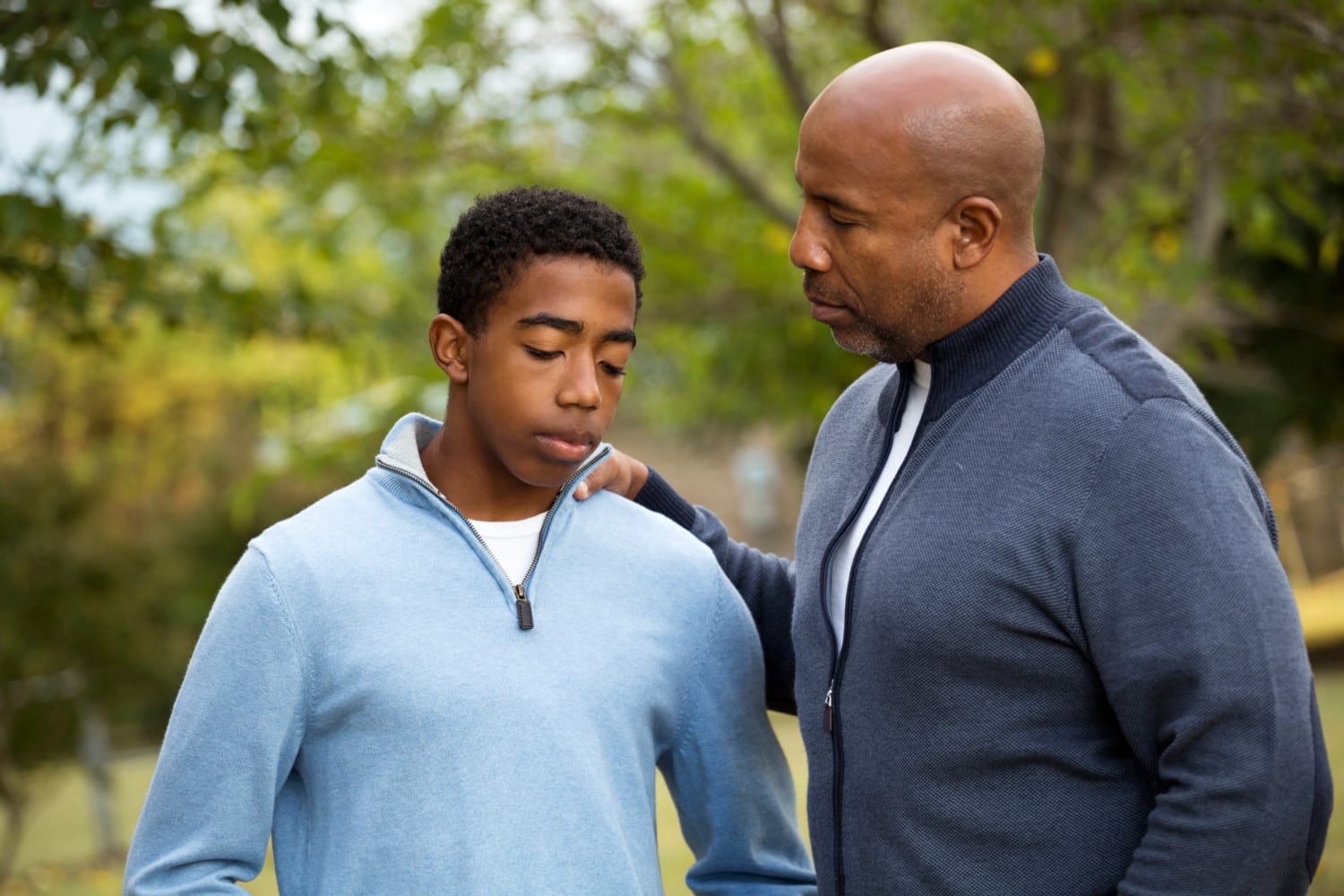The products and services mentioned below were selected independent of sales and advertising. However, Simplemost may receive a small commission from the purchase of any products or services through an affiliate link to the retailer's website.
As the coronavirus pandemic wears on, we’ve all had to adjust to our new reality. Adapting to the many restrictions on our normal way of life can be difficult, especially for teenagers.
With the 2019-2020 school year cut short and the 2020-2021 school year in question, education is just one way that young people’s lives have been impacted. They’ve also had to cope with the inability to socialize in person and participate in extracurricular activities as normal due to shelter-in-place orders and the need to socially distance.

Although the danger posed by the pandemic is clear, teenagers and young adults have a tendency to feel invincible. Because of this misguided attitude, it may be difficult to get them to take the pandemic seriously and comply with measures meant to halt the spread of the coronavirus. They may be upset when you tell them that a trip with friends is out of the question right now, or question why they need to avoid parties.
If you’re the parent of an adolescent who’s having trouble seeing just how serious the situation is, you may find yourself at a loss as to how the reason with them. But there are some practical ways that you can help your teen understand the gravity of the pandemic and encourage them to act responsibly.
Use A ‘Team Family’ Approach
It can help to let your child know that the precautions we’re taking right now are not only about protecting ourselves but protecting others. For example, remind them that if they catch the virus, they could spread it to vulnerable people they care about, like grandparents. When a teenager feels like everyone in the family is working together as a team, it can help them feel more autonomous as well as give them a sense of satisfaction about doing their part.

Try A Different Messenger
As frustrating as it is, teenagers are notorious for ignoring advice simply because it comes from mom and dad. If you enlist someone else your child trusts to talk to them about following safety guidelines, the message may be better received.
“Nobody really wants to take direction at this age from their parents,” Barbara Greenberg, a clinical psychologist and author of “Teenage as a Second Language: A Parent’s Guide to Becoming Bilingual,” told Lifehacker in response to a mom’s query about how she can get her teenage son to take the pandemic more seriously. “Is there somebody else that could sit down and educate him on this? Because when it comes from her, he’s kind of impervious to it.”
An aunt, uncle or older family friend may be able to communicate the message a lot more easily than a parent in this situation.

Actively Listen
It’s important to make sure your teen feels heard. Take care not to invalidate their feelings or concerns, even if they seem insignificant to you. When they express frustration about not being able to do things they want to, or vent about the many ways their young lives are upended, let them know that you empathize. Resist the urge to minimize their problems, and instead, validate their pain and emotions.
“Don’t dismiss their concerns, even if they seem trivial to you,” Lindsey Giller, a clinical psychologist at the Child Mind Institute, explains. “Their friends are their lives, and that’s where their social development is supposed to be right now. Being 16 or 17 and not being able to see your friends or boyfriend or girlfriend for two months is a big deal.”

Help Them Understand The News
Teenagers are mature enough to understand the news, and it can help to have an open and respectful conversation about all the information coming in. They may be getting confusing and inaccurate information on social media, and talking to them about the facts can help them process it all to come to their own conclusions.
“Don’t overdo the fear or they will discount your caution, but be matter-of-fact and honest,” Yalda T. Uhls, psychologist and executive director of the Center for Scholars and Storytellers at UCLA, told NBC’s “Today.”
This story originally appeared on Simplemost. Checkout Simplemost for additional stories.



